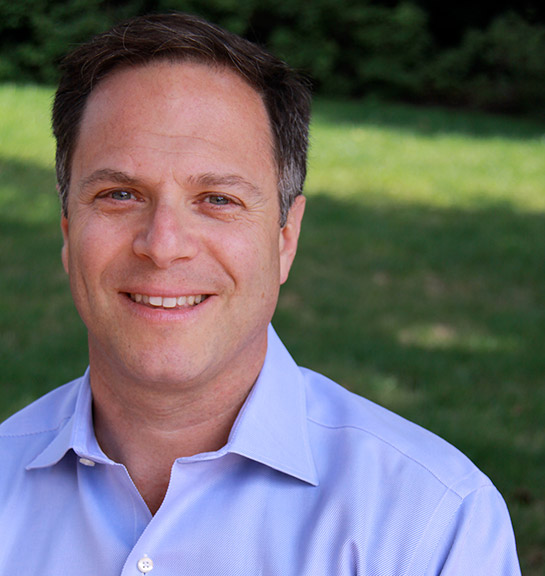I wake up every morning passionate about the work I get to contribute to, work that is inspired by my formative experience in the health care system. For a numbers guy like myself, there has never been a better time to be in digital health. We are just at the beginning of an incredible journey that’s placing the latest data, evidence, medical research and best practice in our doctor’s sightline when they need it most. Where this knowledge can be accessed anywhere, any time by any professional to support and inform crucial clinical decisions. This interconnection between medicine and technology is a game changer.
My first introduction to our field — was my first real encounter with data and healthcare.
It was 1979 and I was a 19 year old economics student at Brandeis University. I wound up getting quite ill, so I was admitted to Mass General Hospital, one of the foremost academic hospitals in the United States. Within 30 minutes of seeing the doctor, he said to me confidently: ‘We’ve got this. You’ll be fine’.
I had a rare condition, I had kidney failure and was on dialysis in the ICU for 17 days. But thankfully, I got better and on leaving the hospital, I had a consult with the young doctor who treated me, and I asked him: ‘If my condition was so rare, how did you know what to do?’ And he looked at me and said: ‘We knew because we had the data. You were fortunate that you came to an academic hospital like this where we see patients like you.’
I survived purely because I was in the right place at the right time. I was intrigued. I decided there and then to change my career path from Wall street to health street.
His words have stuck with me ever since. That this hospital and its healthcare practitioners had access to information and, therefore, the knowledge and insights to truly know what was going on, and other facilities did not, was incredible. This was pre-internet, pre-social media, pre-digital, pre-data sharing, so patients really relied on their doctor’s knowledge, their location and health system. I survived purely because I was in the right place at the right time. I was intrigued. I decided there and then to change my career path from Wall street to health street.
In the time since, I’ve been involved in six companies, all venture-backed, all healthcare. All six went through transformation and growth. But through all of it, one constant remained: How can data provide the wisdom into understanding how to drive optimal care and optimal outcomes, in the most effective and efficient way?
What I found is that it’s really the coming together of both the big data and the small data. By big data I mean the volumetric records data, the clinical trials and protocols, amassed over time. By small data, I mean the person. The patient. The individual who — based on their unique markers — could benefit from the same preventative care or procedures, taking into account their state, as the countless others within the data. That coming together point, where the practitioner finds their patient within the big data and can plan their care accordingly, is where the real change lies.
There has been more progress in digital health in the last 5 years than in the preceding 30 years of my entire career, and there will be still more advancements in the next 10 years
Data, both big and small, is undergoing a seismic shift. In how it’s accessed and where it’s used, specifically at ‘the moment of truth’. We’re moving into a world where our healthcare professionals are making clinical decisions informed by information, place and speed — and it’s incredibly exciting. The world we’re shaping is no longer one of: ‘Tell me what’s wrong’. It’s one of: ‘Point me to what I can do about it at the moment when I am seeing the patient and there is an action or an intervention possible’. To magnify this moment further, the information is being delivered in ways that are more agile, more accurate and closer to real-time.
There has been more progress in digital health in the last 5 years than in the preceding 30 years of my entire career, and there will be still more advancements in the next 10 years. The ability to collect and process information — the ability to share knowledge — is improving exponentially. Through digital health we are arming doctors with the wisdom of the crowd; the best capabilities, tools, insights, and science.
It, therefore, gives me the greatest pleasure to be writing this piece in my official capacity as Chairman of BroadReach. I am honored to support the team and offer the experience I have had developing healthcare data technology products in the United States and to see how this learning can be applied in public health settings in emerging markets.
How we can support doctors and nurses in under resourced or remote facilities at the ‘moment of truth’ with the right information and tools to make the best choices, take the right actions and have the greatest impact and save lives?
In the same way that doctor said to me nearly 40 years ago: We’ve got this.

